Understanding Fishing Seasons: A Guide
Fishing is a beloved activity for many. It involves spending time in nature, seeking the thrill of the catch. Knowing when fishing season starts and ends is crucial. It ensures both success and legal compliance. Fishing seasons vary widely, determined by species, region, and climate. Let’s explore how these factors influence fishing seasons.
Factors Influencing Fishing Seasons
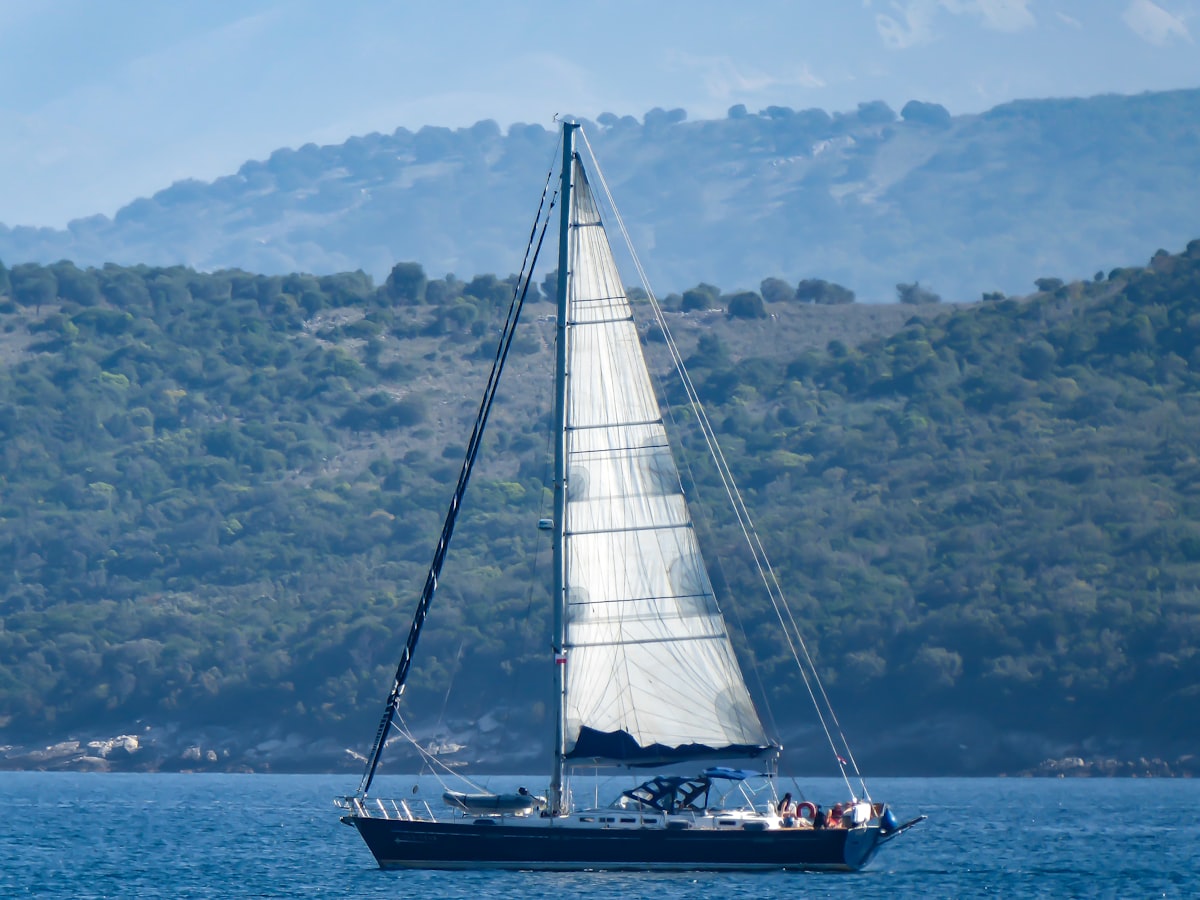
Species: Different fish species have distinct mating and spawning periods. Fishing regulations aim to protect these critical times. For example, trout might have a different season than bass. State wildlife agencies often set specific periods when certain fish can be legally caught. This helps maintain healthy populations in local waterways.
Region: The geographical location significantly impacts fishing seasons. Warmer climates may have extended fishing periods, while colder regions might have shorter seasons. In tropical areas, certain species can be caught year-round, unlike in temperate zones where winter conditions limit access to waterways.
Climate: The local weather patterns and seasonal changes also play an important role. Some fish are more active during particular times of the year. In colder regions, ice fishing becomes popular in winter months. Weather conditions such as hurricanes or monsoons can temporarily affect fishing opportunities.

Fishing Seasons Across the United States
The United States offers diverse fishing experiences. From the Pacific to the Atlantic, each state has unique fishing regulations. Let’s examine some key regions:
- Alaska: Known for its salmon and halibut, fishing in Alaska is often best in the summer months. Salmon runs start in late spring, continuing through early fall. Winter provides opportunities for ice fishing, particularly in the interior regions.
- Florida: With its extensive coastline, Florida offers year-round fishing. However, specific species like tarpon are more plentiful during spring and summer. Red snapper season in the Gulf is another eagerly awaited event, usually opening for a short period.
- Great Lakes: Fishing here varies by state and lake. Generally, the best fishing occurs between April and October. Ice fishing for species like walleye and perch is popular during the colder months.
- Northeast: Striped bass is a prominent catch from spring to early fall. Lobster seasons, though different from fish, are regulated closely along the coastlines of Maine and Massachusetts.
International Fishing Seasons
Globally, fishing seasons differ accordingly. Whether you’re in Europe, Asia, or Australia, specific guidelines help preserve fish stocks. Here are just a few insights:
- Europe: In places like Norway, cod fishing is best from January to April. Meanwhile, the UK’s trout season runs from March to October.
- South Africa: Best known for shark and deep-sea fishing, recommended months span September to April. Sardine runs typically occur between May and July along the east coast.
- Australia: Known for its diversity, northern regions offer barramundi year-round. The southern parts have seasonal closures to protect marine biodiversity, particularly for abalone.
Tips for Planning a Fishing Trip
Proper planning enhances your fishing experience. Research the specific regulations for your target area. Consider factors such as weather forecasts, local advice, and equipment needs. Book any necessary permits or licenses beforehand. Managed parks and reserves may have additional rules, so it’s best to check with local officials.
Conservation and Sustainability
Understanding and respecting fishing season regulations is vital. It ensures the sustainability of fish populations. Overfishing can destroy ecosystems, so it’s crucial to adhere to bag limits and closed seasons. Conservation efforts are ongoing to protect marine environments. Anglers play an essential role by engaging in ethical fishing practices. Report any illegal activities to local authorities to protect aquatic life. Joining conservation groups or initiatives can also help make a difference.
Fishing seasons are not just regulations. They represent a balance between recreation and environmental stewardship. Anglers, both amateur and experienced, must be aware of their responsibilities. Enjoying the sport while respecting nature is key to preserving it for future generations.
Recommended Fishing Gear
Garmin GPSMAP 79s Marine GPS – $280.84
Rugged marine GPS handheld that floats in water.
Garmin inReach Mini 2 – $249.99
Compact satellite communicator for safety on the water.
As an Amazon Associate, we earn from qualifying purchases.
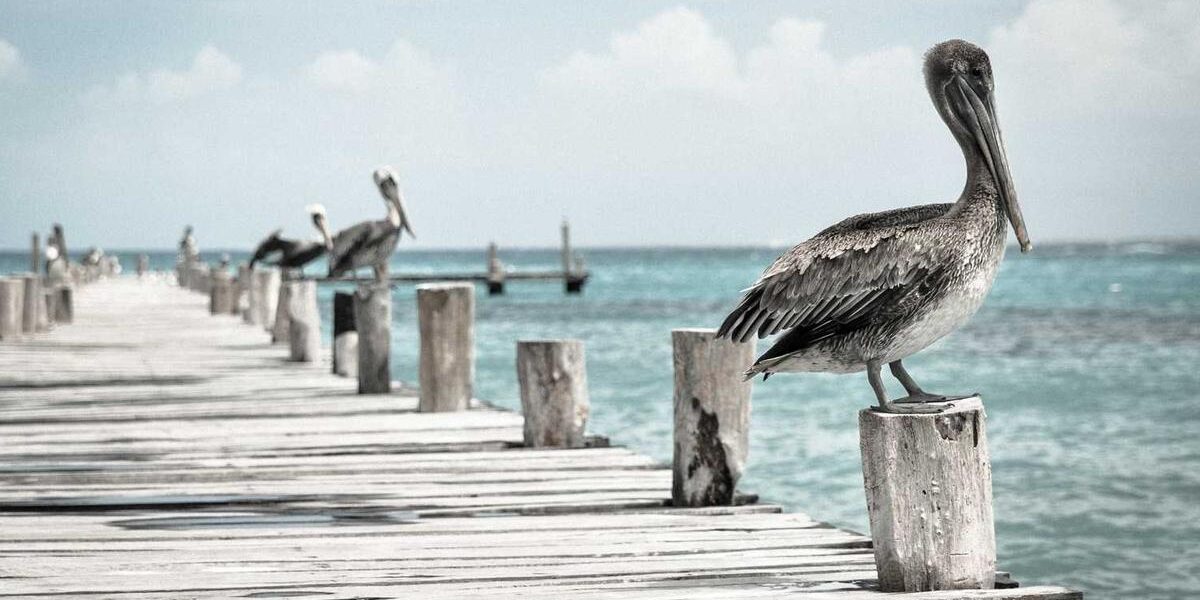
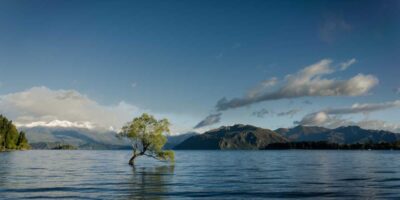
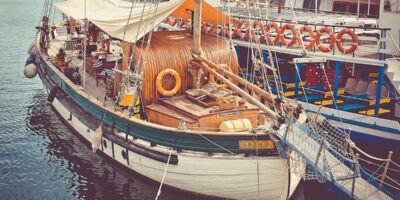
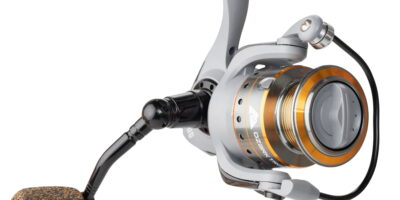
Subscribe for Updates
Get the latest articles delivered to your inbox.
We respect your privacy. Unsubscribe anytime.